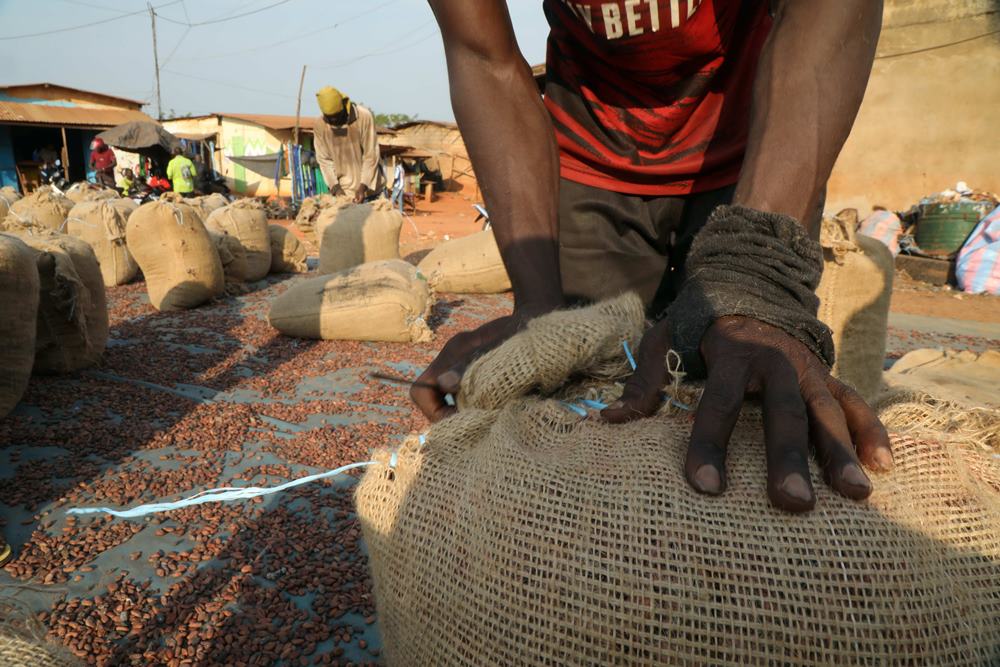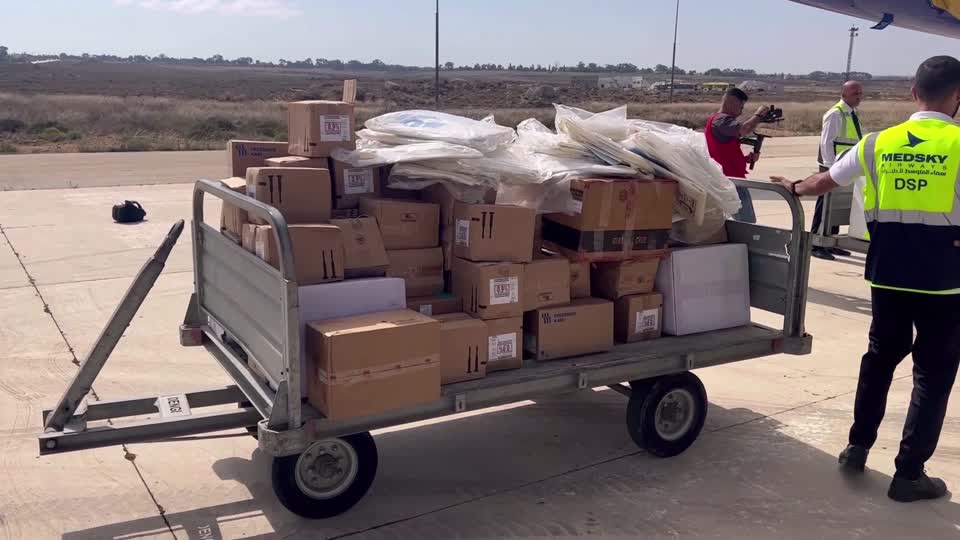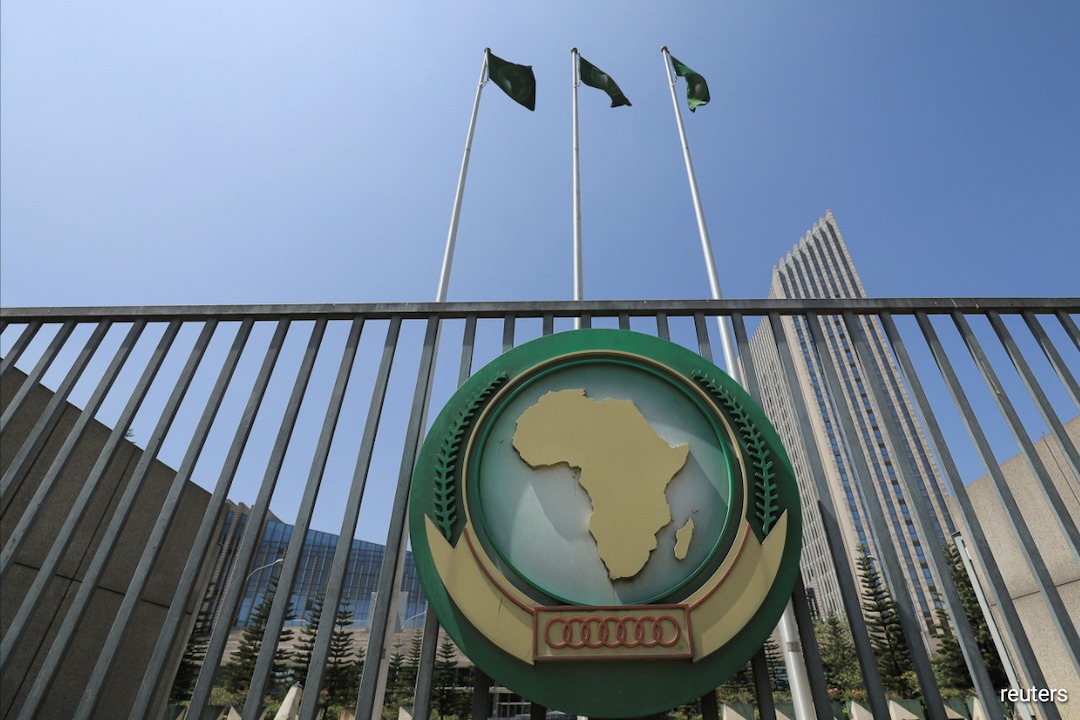Ivory Coast, the world’s leading cocoa producer, is facing challenges in implementing a sustainability drive necessary for its cocoa beans to meet new European Union (EU) standards, according to sources with knowledge of the process. The EU regulations, set to take effect around the end of 2024, aim to curb the import of commodities associated with deforestation, requiring companies to prove that their goods were not grown on deforested land after 2020.
As Ivory Coast accounts for approximately 70% of its annual cocoa bean exports to the EU, the successful adoption of sustainability measures is crucial for the country’s continued access to the EU cocoa market. In response, Ivory Coast launched a national sustainable cocoa strategy (SNCD) in March to align its cocoa production with EU requirements. However, concerns have arisen about the pace of progress since then.
EU officials have expressed apprehensions about Ivory Coast’s sustainability efforts, citing uncertainties in the traceability and certification system, as well as doubts about the effectiveness of government policies related to forest protection and combating child labor. Failure to meet the EU’s sustainability deadline could result in Ivory Coast being classified in a risk category, subjecting cocoa operators and traders to additional checks and potential bottlenecks.
In response to these concerns, Ivory Coast’s cocoa regulator, the Cocoa Coffee Council (CCC), has stated that the country remains on track to meet the requirements. CCC director Yves Brahima Kone affirmed that Ivory Coast’s sustainability, traceability, and certification system are nearing completion and are expected to be fully implemented by 2024.
One key element of Ivory Coast’s sustainability plans is the introduction of an electronic card system to track cocoa beans from plantations to export ports, confirming their origin and assisting farmers in receiving the state-guaranteed price. However, approximately half of the 1 million cards still need to be distributed to farmers, and the CCC must also implement the certification system to document the precise origin of each cocoa batch, as mandated by the EU.
The Ivorian government estimates that the implementation of these sustainability measures will cost around 421 billion CFA francs (approximately $692 million) and has sought funding from donors, the cocoa industry, and chocolate companies to cover part of this expense. An official from the agriculture ministry acknowledged that limited financial resources have hindered the implementation process.
The outcome of Ivory Coast’s efforts to meet EU sustainability standards will have significant implications for the country’s cocoa industry and its access to the EU market, which remains a vital destination for its cocoa exports.
Source: Reuters








